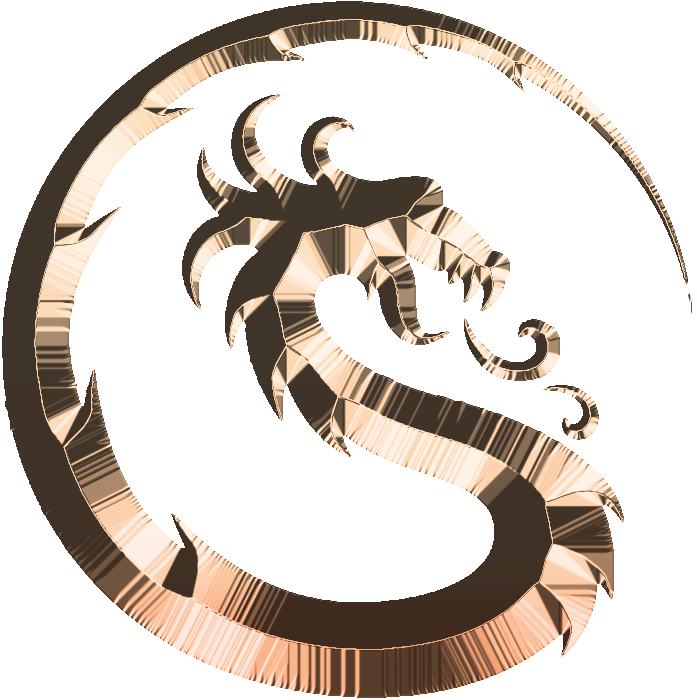Starz’s The White Queen proved last Saturday that it was more than willing to cross the line between historical fiction and historical fantasy, and I really liked what I saw. I’ve not read Philippa Gregory’s books on which the show is based, but I assume the scriptwriters weren’t so bold as to add magic into the tale if it wasn’t in the original series.
The scene I’m talking about involved the Earl of Warwick and his family, along with King Edward’s brother George, escaping to France after he and Warwick plotted against the king. Elizabeth wants vengeance for the deaths of her father and brother at Warwick’s hands, so she uses the magic she inherited from her mother to summon a storm that roars across the English Channel and batters Warwick’s ship. This ends with some tragic consequences (which I won’t reveal here), but I absolutely loved the fact that the cause of the storm was Elizabeth and her arcane talents. It was a perfect use of fantasy within historical fiction.
I write historical fantasy so I’m a bit biased, but a little magic sprinkled believably into a historical setting can create an ideal blend. It provides a treat for viewers (and readers) who grew up on Tolkien and other fantasy greats, while preserving all the real-world facts and details that makes historical fiction so wonderful. I tend to prefer fantasy set it the real world – especially in the medieval or ancient eras – to the made up worlds common to fantasy fiction. There are of course some exceptions – Westeros of GRRM’s A Game of Thrones being one example – but it takes an extremely talented author to invent a world that I find more intriguing than our own Middle Ages or Classical times. So to me, a show like The White Queen provides a perfect mix.
But I am curious as to your view? Do you mind a little magic mixed with your historical fiction? And how effectively do you think it’s being used in The White Queen?


Bill
August 27, 2013 - 1:45 pm ·It depends entirely on the type or species of historical fiction in my case. I would be appalled if in the Aubrey/Maturin series by Patrick O'Brian Jack arranged for the Surprise to escape a pursuing French squadron by calling forth a sea monster by muttering some exotic phrases. On the other hand, in novels where is seems to fit, especially where the "history" part is very vaguely known, I don't object at all. With me, the question is "Can I accept the 'reality' of the world created by the author?"
I hope this makes sense.
Joseph Finley
August 27, 2013 - 6:31 pm ·Bill, I agree with your point. Magic in historical fiction only works when its plausible, and usually it's most plausible in earlier periods of history where "magic" was believed to be real, such as the early Middle Ages or ancient times. This is one of the reasons magic and Arthurian fiction go so well together. Also, I'll note, that in The White Queen, magic isn't changing historical events, but rather it's used as an explanation for certain historical events. Sea Monsters swallowing French vessels is probably implausible, unless the historic French vessel "mysteriously disappeared," and there is a believable explanation for how one would summon a Kraken, or whatever it was. After all, the Indiana Jones movies used magic (or the supernatural) effectively in a WWII setting. But in those films, the build up of the "magic" — the power of the Lost Ark or the Holy Grail — made the actual magic seem plausible when it appeared on screen.
Bill
August 27, 2013 - 8:29 pm ·Joseph, I also enjoy the Napoleonic War historic fiction of Dewey Lambdin. His main character Capt. Sir Alan Lewrie, RN is thought by his crews to have a "relationship" with the supernatural, with seals being harbingers of good fortune. Seals were considered to be mermaids perhaps. Of course sailors of this era were famously superstitious, and the truth of the matter is left to the reader's imagination. In my opinion, in works in these books.
I agree about the Indiana Jones story, where the supernatural is based on something.